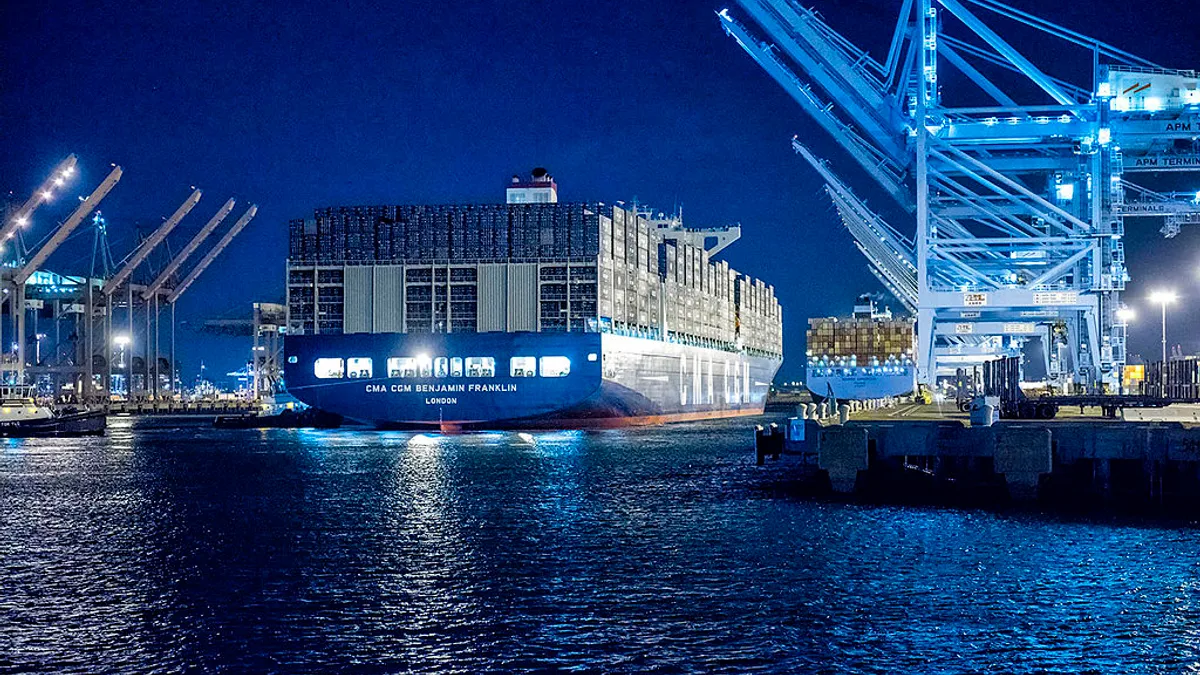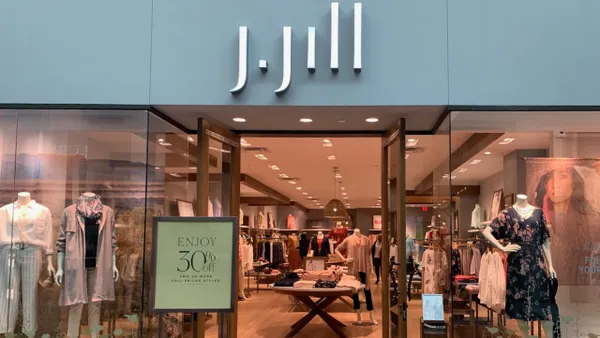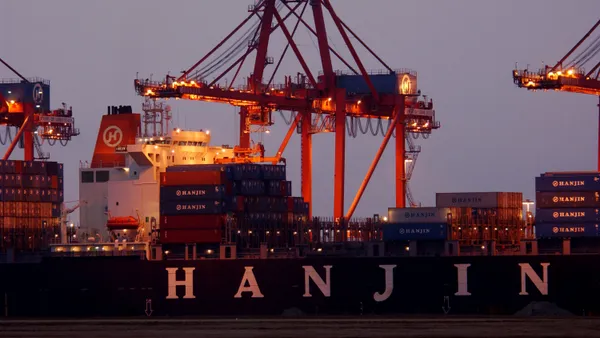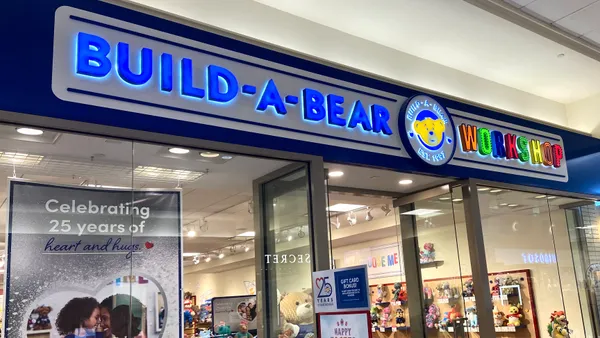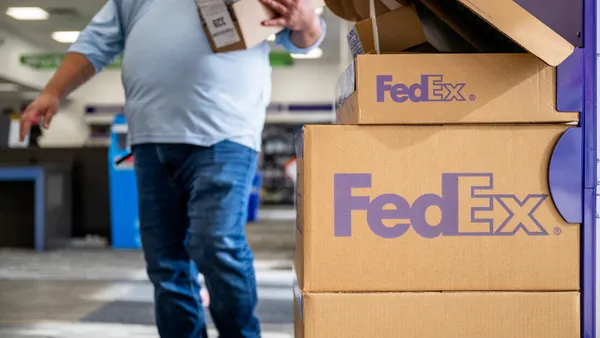Dive Brief:
- THE Alliance announced it would expand its calls beginning in April 2018, one year after the five-member alliance's launch date, American Shipper reported Tuesday.
- The Ocean Alliance also intends an expansion under its "Day 2" service offering, which proposed to deploy 340 containerships on 41 services. CMA CGM said it, alone, would launch 122 containerships.
- The Ocean Alliance will be offering 41 new calls, while THE Alliance will be adding 57.
Dive Insight:
For carrier alliances, expanding ports of call are a sign of progress in capturing greater market share. Expansion can also benefit the shippers, giving them more options and flexibility to manage their supply chains.
When it comes to negotiating rates, shippers have the upper hand, Jon Slangerup, Chairman and CEO of American Global Logistics told Supply Chain Dive. This will be the case "until the carriers effectively address the ongoing imbalance between container capacity and demand," he said.
Despite the benefits of expanded services, shippers don't always greet service additions with open arms. Contracts and rates must be readjusted as ports of call, vessels and slot arrangements shift. This is especially the case for smaller shippers, which tend to rely on freight forwarders.
"Larger BCOs negotiate directly with ocean carriers to secure the most favorable rates and services, and generally pay very close attention to the alliances and their competitive offerings," Slangerup said. "Smaller BCOs generally rely on NVOCCs to provide competitive rates and value-added services based on freight forwarders’ agility and responsiveness to smaller shippers’ needs."
Of further concern is the challenge farmers face in accessing shipping containers needed inland when coastal ports consume most of what's available, especially in high TEU post-Panamax ships.
Slangerup notes that ports too will be impacted by increased service offerings. "Ports continually compete against each other to attract carriers’ new service strings, and most have the capacity to welcome additional business," he said. "Moreover, the ports work closely with the various alliance partners to build favorable relationships and continually streamline operations between the ocean carriers and marine terminal operators in an effort to optimize the marine supply chain."
So, with two alliances expanding service, is this likely to become a trend? "The ocean carrier industry tends to follow the leader, so in order to remain competitive, alliances will continue to try and outmaneuver their competition in order to protect or grow market share. And BCOs will continue to reap the benefits," Slangerup said.


